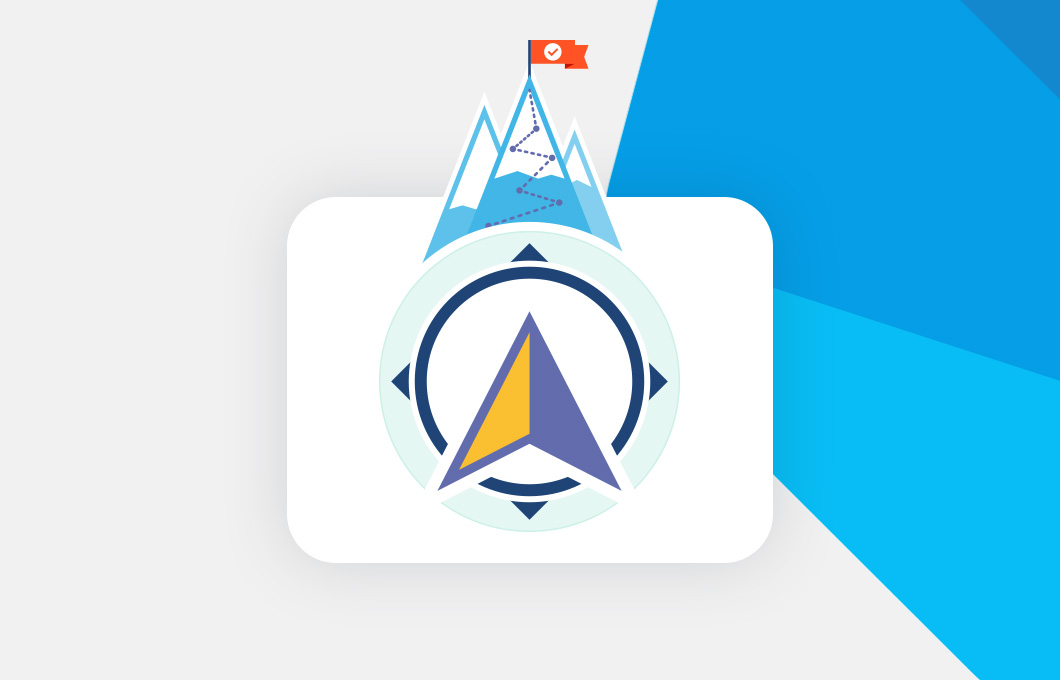
We’ve said it before: the transformations that come with bringing artificial intelligence (AI) into your business impact many aspects of your organization beyond technology.
As organizations start their AI journey beyond the pilot phase, being AI-ready is about making sure that the organization as a whole is prepared and positioned to both deal with the complexity and capture the value it offers. We’ve already talked about some of the data and governance considerations necessary for successful adoption and here, we’ll look at three additional aspects that must be prepared for AI: Culture, Skills and Resources.
AI-Ready Culture
Over the last several years, AI technologies have rapidly evolved from being aspirational to something that is now fairly mainstream. At the same time, the transformational nature of AI means that it has the potential to impact any organization beyond its technological aspects. This is why the most AI-mature organizations put culture and teams at the heart of their AI initiatives.
In practical terms, an organization’s culture “sets the context for everything a company does and defines the proper way to behave within the organization.” It’s the shared values and behaviors that shape how things get done in the workplace.
Among organizations who achieved the strongest AI outcomes, a Deloitte study identified three ingredients for an AI-ready culture: organizational trust, data fluency and agility. Establishing trust from the outset can be achieved by sharing the why and the how of the initiative with everyone involved.
Although the why will be very specific to every organization, employees need to understand how AI fits into the bigger picture of your corporate mission and your business strategy and the benefits it can offer. They also need to understand the level of commitment necessary to get and validate the desired outcomes, whether this is owned by the organization or outsourced.
The why goes hand in hand with the how. The success of any AI or natural language processing (NLP) project is determined by the way that teams work across the organization and here, collaboration is absolutely critical. Helping get access to data, notifying of problems encountered with the implementation early on and sharing lessons from iterations of the same project are just three areas where cross functional collaboration will be vital across the lifetime of the initiative.
Another word about trust: In addition to understanding the how and why of the AI initiative in the first place, being able to explain how any model reaches its results will help build trust in both the approach and the technology at work. Many companies will be implementing AI to augment human work so that people can focus on higher value tasks. To work in partnership with AI, teams need to understand how the system works, where the data being used comes from and be able to intervene when necessary—this is a culture of responsible AI that is essential to a successful AI strategy.
AI-Ready Skills
Many AI initiatives fail because organizations underestimate the skills needed to build, deploy and maintain, then optimize and adopt NLP projects.
Often, companies either force their teams to become proficient in AI / NLP too early without understanding the stress and pressure of learning a new technology in addition to doing their daily job, or they choose to keep the teams that implement the NLP project isolated from the end users until the implementation is finalized.
We’ve also seen cases where we built a valuable NLP solution that was never adopted because the end users were not aware of the benefits of the solution, and they were not educated early enough on how it works and how it will make their lives easier.
Competency building is one of the most important criteria for the successful adoption of NLP projects. While the specific skills you will need to build or level up will depend on your teams and projects, we recommend upskilling not only for the technical teams that know how the NLP project works but also for the end users and beneficiaries of the project you’re building.
AI-Ready Resources
Whether you choose to implement your NLP project or you outsource it to companies that live and breathe NLP like us, there is a critical factor that is often underestimated in the success of such initiatives: the resources that your NLP project will need, whether in terms of accessing the data, sharing it or running experiments with it.
As a best practice, we recommend that each organization accurately document how the NLP solution works, how it’s connected to other workflows within the organization, and most importantly, how it’s maintained and optimized.
We’ve seen cases where an NLP solution that was successfully deployed ends up not being optimized because everyone is afraid that if they make any changes to the NLP project, the whole workflow will fall apart, and no one will know how to fix it. To counter this risk, we build frameworks and user guides that will provide a deep understanding of how the NLP project can be further developed and optimized.
Conclusion
The purpose of AI will never be to replace humans. It’s about making humans smarter and their lives easier. Smart AI applications like NLP and natural language understanding are powerful because you match technology to people and to solve problems and not the other way around. The future of artificial intelligence is a hybrid model where domain experts pair with technology to provide authentic applications that are the product of human expertise and humane intelligence.
The results of our recent survey of NLP practitioners tell us that companies’ needs for their NLP projects must be able to adapt to the complexity and speed of their business. The issues they are addressing—bringing efficiency to data-intensive processes, being able to respond quickly and even anticipate customer needs—are simply too important to be left to chance or ineffective solutions.
Success in AI doesn’t happen by accident, but is a result of a clear strategy, the right technology, measurable goals, a plan for the known pitfalls along the way and lots and lots of collaboration.


